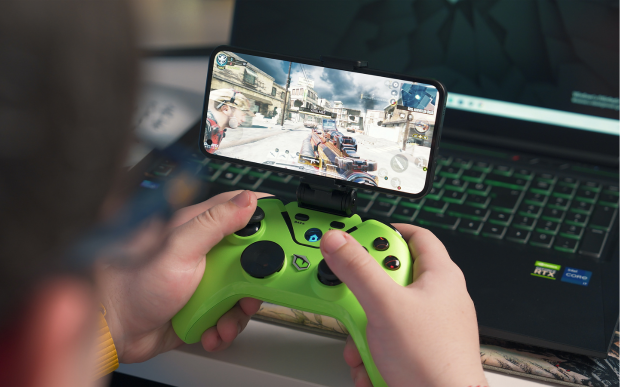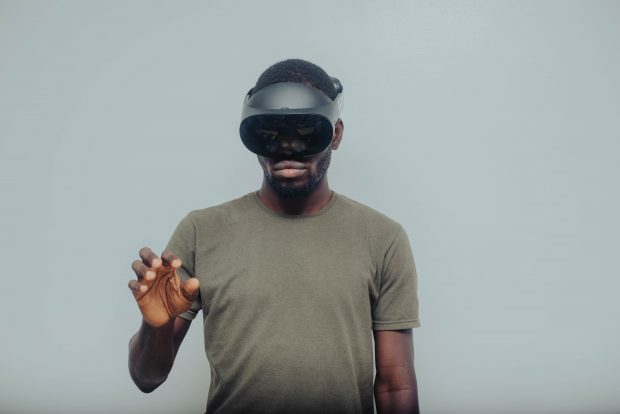Throughout its history, gaming has gone through multiple evolutions, and some of them have been quite extreme. Although leisure activities which could fall under the umbrella term of ‘gaming’ have existed in one form or another for almost as long as humans have, it is only in recent years that they have moved to occupy such a focal point in global culture.
There are now over 3 billion active gamers worldwide, spanning different continents, age groups, income brackets, and other important demographics. It really has become the world’s favourite way to relax and unwind, as well as connect with other people. So, it’s no surprise that, here in the UK, gaming is big news and big business.
With this in mind, let’s take a closer look at how gaming fits into the modern British landscape.
Statistics
Last year, the UK gaming market alone was valued at over £7 billion and growing. In comparison to global trends, this is perhaps not so impressive, but remember that the UK is up against titans of the industry like the USA and China. In reality, gaming accounted for almost half of all UK entertainment revenue in 2022.
The most popular console here is still the PlayStation 5, despite initial difficulties with the supply chain. Also, since the countrywide price drop in August this year, sales have boomed again, jumping by 75% in the first week of the promotion.
However, more and more people are turning to online mobile games, accessed via tablet or smartphone, meaning that they can play whilst on the move rather than being tied to a desktop PC or console. According to an Ofcom report, 35% of adults interviewed preferred to game on a mobile phone whereas less than 25% regularly used a console.
Popularity
Whereas gaming was once hailed as an industry aimed solely at young men, it has now opened up to include (almost) everyone. Over a quarter of all respondents to a Statista investigation said that they regularly played games for over an hour a day, up to a total of 5 hours. This would have been unheard of in such a huge number of people just a few years ago, especially accounting for varied ages, preferences and occupations.
The most popular gaming genres in the UK are sports, like FIFA 23, FPS titles, such as Call of Duty: Modern Warfare II, and RPGs, like Elden Ring. However, mobile gaming bucks the trend by carving out its own niches in the form of match 3 games, strategy titles and MOBAs (multiplayer online battle arenas). Online casino platforms have also claimed their own corner of the mobile gaming space, offering superior convenience, accessibility, and variety through specialised apps and browser-based games. Online slots are a firm favourite, with hundreds of different themes, paylines, and symbols to choose from.
In terms of gaming themes, there are many different options across all genres. So-called cosy gaming often uses familiar imagery of homes, gardens, cafes and the countryside to promote a laid-back, casual approach to gaming. In contrast to this, the popularity of futuristic themes such as UFOs, eccentric scientists, space travel and new technology highlights an interest in a fast-approaching future containing inventions that, currently, can only be dreamt about.
New Technology
Speaking of which, gaming is at the forefront of introducing the British population to new technology. Concepts such as artificial intelligence, augmented and virtual reality, cryptocurrency, blockchain and the metaverse are all a part of the modern gaming world.
In fact, titles which incorporate one or more technological developments are proving to be some of the most popular. For example, in 2016 Pokémon GO launched the idea of AR into the public arena in the UK and it is still often in the top 10 most played mobile games in the country, 7 years after its initial release. In addition to this, interest in VR platforms – from PlayStation to Oculus to HTC – is on the rise as new headsets and new gaming titles hit the stores.
After Meta’s big announcement in 2021, interest in the metaverse has died down somewhat, but research suggests that as much as 47% of the UK population believes that widespread use will become normal within the next decade.









